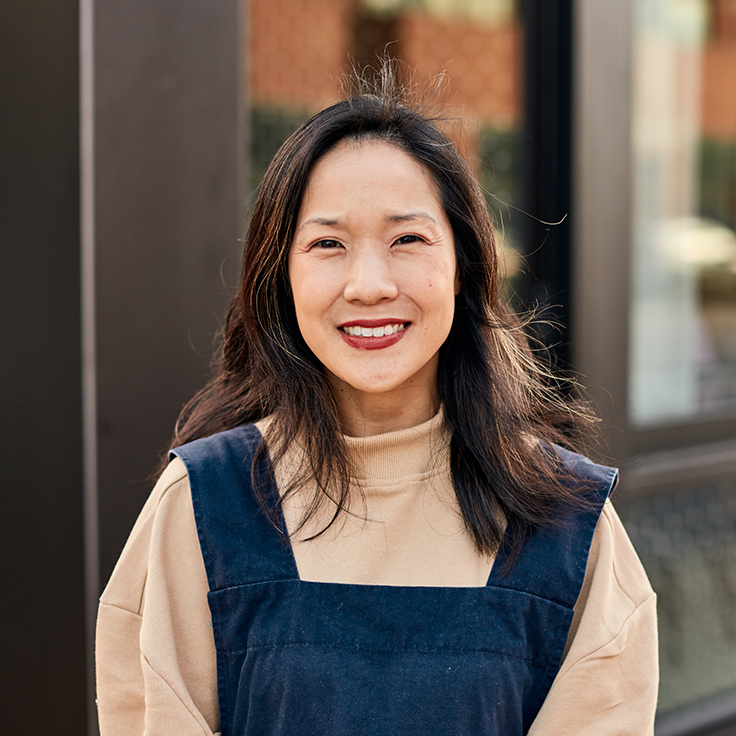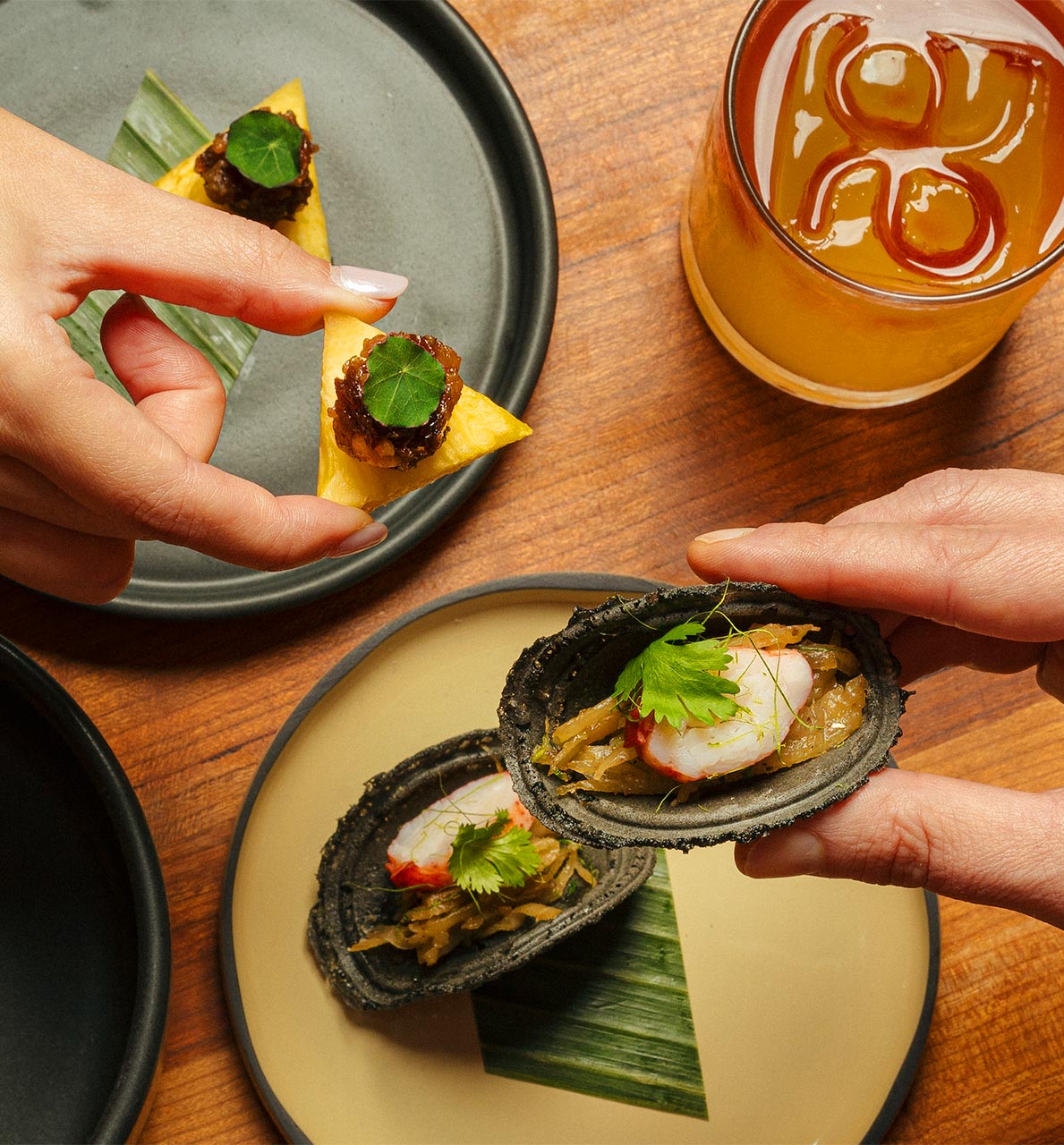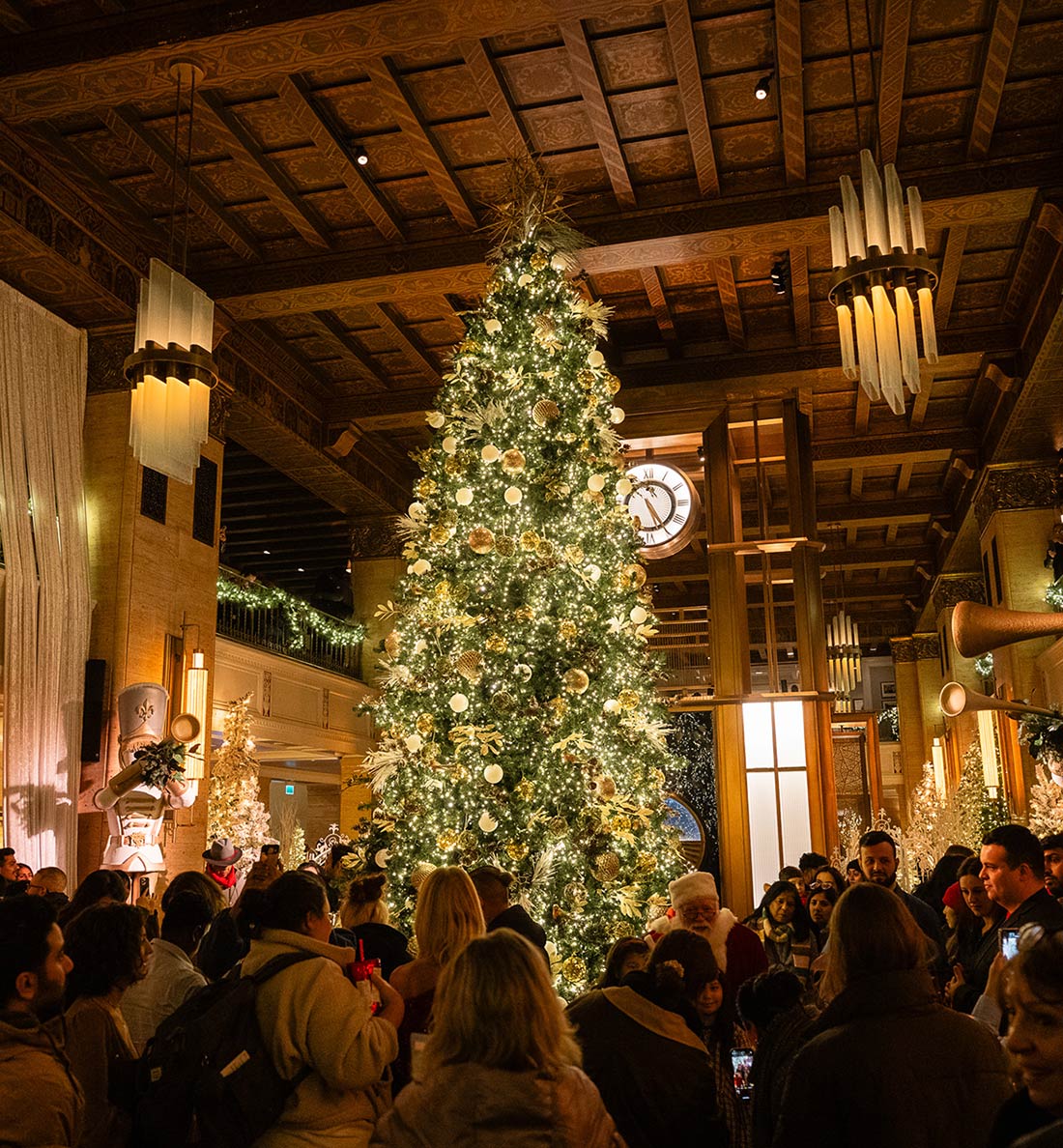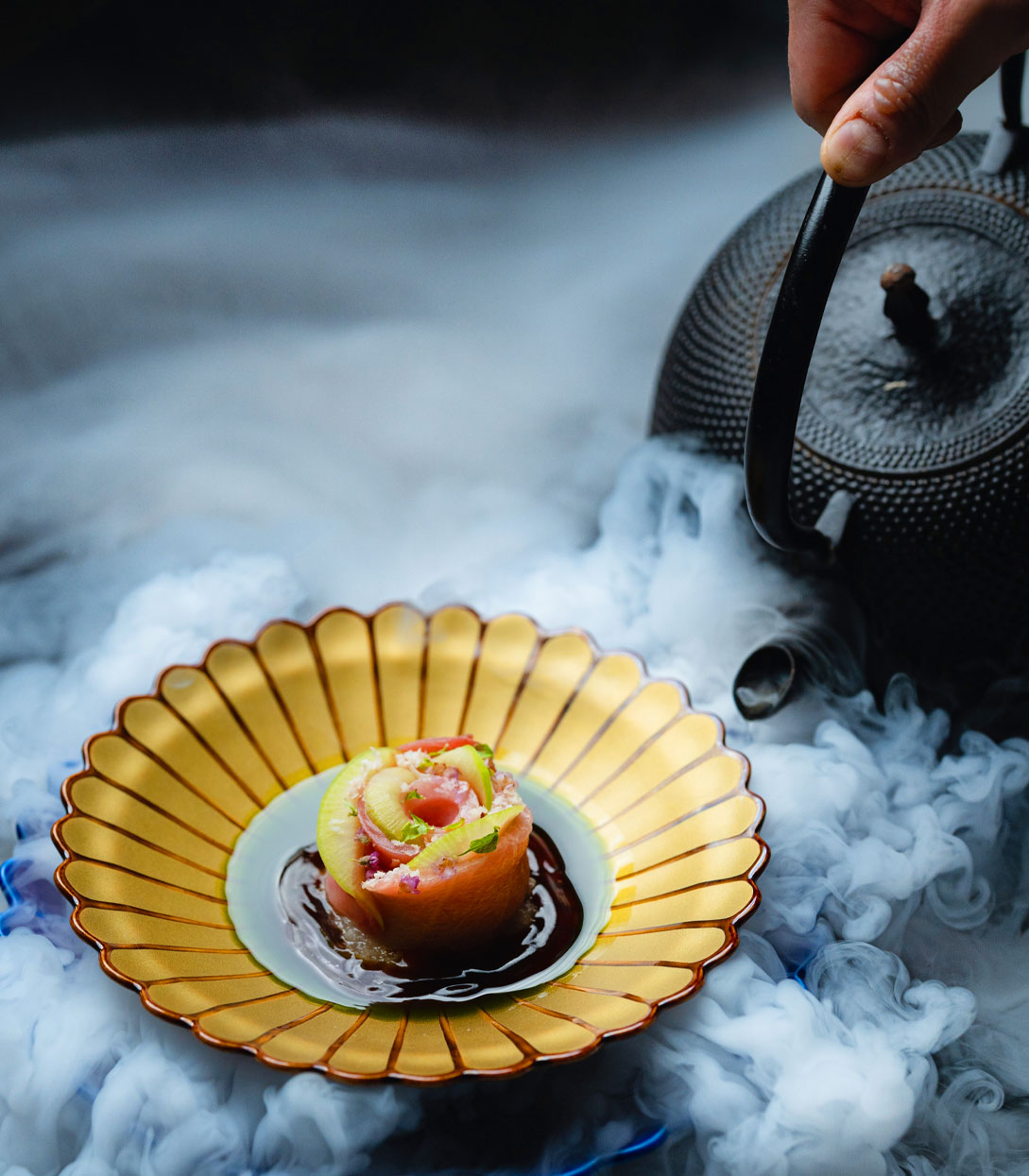Lunar New Year begins on Sunday, January 22nd, marking the transition from the Year of the Tiger to the Year of the Rabbit. Celebrations across China, Korea, Vietnam (where it's called Tết), Malaysia, and Singapore mark the occasion with red envelopes, family dinners, and good wishes. Those traditions have carried over into North America, so we asked chefs and restaurateurs from San Diego to Toronto how they're ringing in Lunar New Year.
Anna Chen, chef/owner of Alma in Toronto
The New Year is one of my favorite and most special menus to put together at Alma. The first dish, rice wine and ginger chicken, is a very traditional Hakka dish that my mum has been making this since I was a little girl. I have to admit I didn’t appreciate it so much when I was younger, but I really do savor it now. The two key ingredients are our-house made rice wine and plenty of ginger. The sweet soy wok fried noodles are another Hakka classic and long noodles symbolize longevity.Growing up, Lunar New year Would be a week-long holiday with lots and lots of food, festivities, card games, and receiving red packets of money from adults. The most memorable dishes for me were the whole roasted suckling pig, braised sea cucumber, and tang yuan (steamed glutinous rice cake filled with sesame).

Ellia Park, owner and co-founder of Atoboy and Atomix in New York
In Korea, the Lunar New Year is one of the most important holidays to be spent with family. If we were in Korea, we would be visiting our parents who will hold a commemorative service for our ancestors. One of the traditions of the Lunar New Year is to bow (sebae) to older relatives, wishing them good health and happiness. And if we happened to be surrounded by younger cousins, nieces, and nephews, we would be the ones bowed to.
The whole family gathers to prepare the meal and spend the day discussing resolutions for the new year. Although we are spending this Lunar New Year here in New York, we hope to spend it with our team at the restaurants enjoying the traditional rice cake soup (tteok-guk) during our family meals. Tteok-guk is said to be eaten on Lunar New Year to symbolize putting any misfortune of the year past behind us and looking toward the new beginnings. Purity and the idea of the "blank slate" are represented in the white rice cakes and the clear broth.

Calvin Eng, chef/owner of Bonnie's in Brooklyn
Normally I would be celebrating [Chinese New Year] with the family on the day of. My mom cooks a large vegetarian meal, and there are a bunch of traditions that we do as a family; most of them revolve around food and superstition. The first thing we eat when we wake up is a piece of candy from a bedside plate that's placed there the night, before for a sweet new year. We don't eat meat in the morning, so it's all vegetarian dishes. We aren't allowed to use anything sharp in the morning either, so all the prep for dishes has to be done the night before. We steam fat goh, which are basically prosperity cupcakes made from glutinous rice flour; if they puff up while being steamed it represents a prosperous new year. However, this year will be very different as I'll be doing a Lunar New Year pop up at Kato in Los Angeles. The menu revolves around dishes inspired by what we ate during the holiday growing up.

Kim Phan, Quan Le, Ky Phan, and Michael Ly, chefs/owners of Kingfisher in San Diego
We usually deck our house with cherry blossoms, yellow apricot flower, orchids, and yellow chrysanthemum flowers. We host our family and have traditional Tết foods, such as thịt kho (braised pork), bún thang (a refreshing vermicelli noodle soup with chicken broth, Vietnamese ham, dried shrimp, shredded egg and black fungus mushroom), bánh tét and bánh chưng (glutenous rice cake), and many varieties of dried fruits. We play family-friendly Tết games and the loser gets marked on their face with eyeliner and we all take a picture of our silly faces. Young children wear their traditional clothes and receive lì xì (lucky red envelopes), from the adults. We also go to the Tết Festival in Mira Mesa (1/27-29), which we're co-sponsoring, to watch the lion dance, firecracker show, and eat Vietnamese street food. [Ed's Note: Kim has been involved with the San Diego Tết Festival since she was in the Vietnamese Student Association at UCSD.]On the menu at Kingfisher's Tết party on January 24th: Thịt kho (braised pork belly) with soft boiled egg, mustard greens, fried tofu, coconut, fish sauce, and pickled ramps.


Beverly Kim, chef/owner, Parachute in Chicago
For Lunar New Year, it's Korean tradition to eat rice cake soup (made with either beef, anchovy broth, or both, and topped with seasoned brisket, egg ribbons, and ripped up toasted seaweed laver) and to ceremoniously bow to our elders and receive blessings from them, as well as a little bit of money.
Until four years ago, we would also go to midnight service at church to receive blessings from the pastor, then head to my halmoni (grandmotherr's) apartment to have a feast of rice cake soup (tteok-guk) along with many other side dishes of kimchi, meat or fish jun, and bonchon. My mother used to make it at home and bring it to halmoni's house because it was strenuous work. Then, we would do the bowing tradition to our elders.
[Now] we're teaching this tradition to our children! We just came back from visiting my parents. It's a wonderful time to be close to family, and [for me] conjures many beautiful memories of tradition, family, honoring our elders, and the importance of receiving blessings from them for a prosperous and peaceful year ahead.
For Lunar Year at Parachute, we'll be serving a dduk gook with beef bone broth, brisket, and mandoo (dumplings) on the 20th and 21st.

Chinh Pham, chef/owner of Sochi Kitchen in Chicago
We planned to make the Sochi cake for Tet this year, the cake that we both had made together for our small online business before migrating to the US. Unfortunately, things didn't go as we planned, and we'll offer it next year. However, for the first day of the new year, my mom and I will be making a pot of slow cooked pork belly cooked in coconut water with hard-boiled eggs called Thit Kho trung ngay Tet, paired with a colorful variety of pickled vegetables. This dish is a traditional dish and must have for Tet in every household in Vietnam, It carries the meaning of appreciation of blessings for a good year ahead.

Hero image: Atomix and Atoboy owners and co-founders Ellia and Junghyun Park © Atomix




















